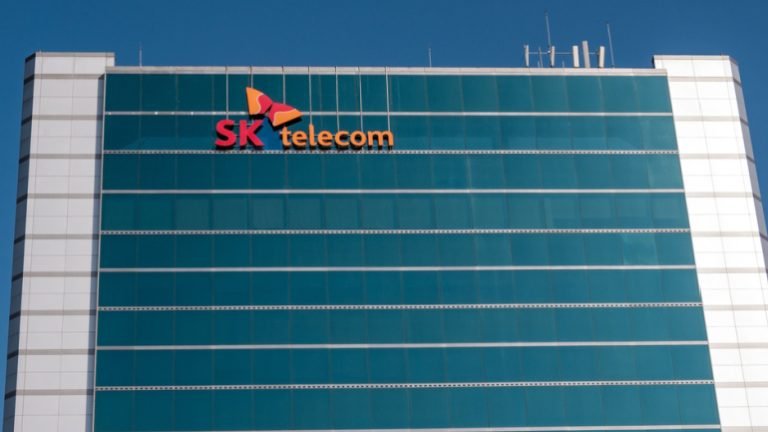
The UK won an early lead in the 5G era, but recently this momentum has been mired. Yet, the competition is far from finished and the potential is vast. The power of 5G isn’t as straightforward as winners and losers; it is about fostering an environment for businesses to flourish. This results in enhanced economic growth for existing companies and generates international interest to stimulate new job opportunities.
Boosting economic growth has ripple effects, including significant societal benefits. Generally, the more robust an economy, the more efficient its public services and the greater satisfaction of its citizens. In a tech-dominated world, acquiring the right digital infrastructure is vital. Therefore, this means large scale deployment of 5G, particularly 5G Standalone, throughout the UK.
In 2019, Vodafone took the initiative by launching 5G Non-Standalone Services, making it a pioneer company in this field. This move positioned the UK at the forefront in the 5G competition. However, current analyses reveal a shift over the last four years. Despite incremental advancements, the UK’s progress is trailing behind that of other nations. To be precise, the UK ranks 21st for median 5G download speeds and 20th for 5G coverage among European countries according to statistics from Open Signal.
Despite the challenges, this summer marked the launch of the UK’s first 5G Standalone network, a significant leap forward. Nevertheless, we must face the reality that until the technologically superior 5G Standalone is deployed at scale, the full economic benefits remain untapped. Currently, the UK is lagging in the 5G race. Although our efforts yield gains, it’s crucial we strive beyond mediocrity.
The 5G opportunity essentially boils down to elevating what we have today. We’ve all experienced the convenience of digital technologies, whether in online banking or remote communications. These technologies have been particularly crucial in managing during challenging times, such as the COVID-19 pandemic. 5G will build on this momentum and widen the horizons.
Initially, enhanced digital infrastructure will bring about greater efficiencies. By utilizing real-time data insights and implementing artificial intelligence, we can refine our current systems. This improvement could range from reducing energy consumption in industrial operations to enabling remote patient monitoring in the health sector.
5G is also predicted to make the unimaginable a reality. Ideas formerly confined to science fiction movies can become possible – think driverless vehicles, package-delivering robots, holographic video calls and augmented reality-based learning.
The potential of 5G Standalone is immense, potentially contributing £150 billion to the UK’s economy by 2030. This indicates new revenue streams for businesses that embrace the digital era along with the evolution of new companies and jobs.
At Vodafone, we are confident that there is still significant potential to boost both economic and societal benefits. The key is cultivating the right environment. This includes stimulating competition by merging Vodafone UK and Three UK into a single powerful entity to compete against BT/EE and VMO2. This merger would be a step towards overcoming the current two-player marketplace, which we believe is not the best way to deliver value for consumers, businesses or the UK.
Moreover, it is paramount to define the right policy environment for digital success. Recent UK government reforms in the broadband market have encouraged the growth of fibre installation. Similar measures should be implemented for the mobile market.
Building momentum in the final stretches of the race requires a strategic approach. The UK Government and Ofcom have already made efforts with the Wireless Infrastructure Strategy and the Net Neutrality Consultation. However, to succeed, acceleration is key and we need to achieve balance by creating three, scaled telecoms competitors.




